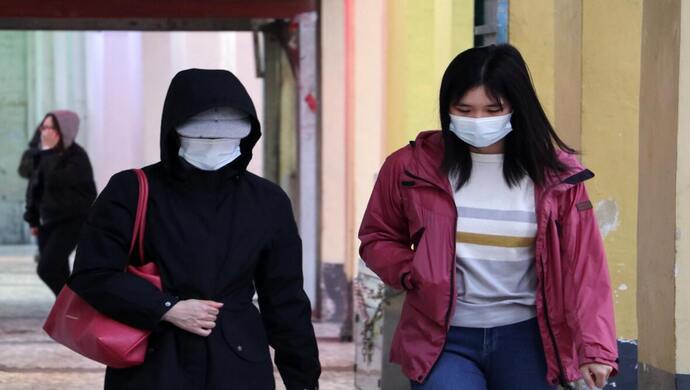
In a televised address, Prime Minister Mahathir Muhyiddin said today Malaysia will be closing its borders to overseas travellers for two weeks to check the spread of Covid-19. With this, Malaysia becomes the second country in Southeast Asia to go for a partial lockdown.
On the other hand, Malaysian residents, who re-enter the country from overseas, will have to undergo health check-ups and self-quarantine for 14 days.
Foreigners will not be allowed to enter the country at all during the said period.
Earlier this week, Italy, one of the hardest-hit countries, also imposed nationwide lockdown, with confirmed Covid-19 cases crossing the 12,000-mark as of yesterday. Several other countries have also implemented quarantine measures and more countries are expected to follow suit.
Of course, this does not subject startups to wait around and react to the situation, as many companies have already started implementing necessary precautions, forcing founders to rethink and revise their 2020 goals/strategies.
On this note, e27 spoke to travel and delivery companies on how they are coping with the situation.
Malaysia-based tour company Tourplus, which eases travel planning by connecting customers to local tour guides; food delivery companies foodpanda, and dahmakan express how they are coping with the situation.
A disaster for all travel-related business
Tourplus told e27 that they’ve seen a major decline in bookings, coupled with increased requests for cancellation and refund from customers, who have booked for April and May. The firm expects further drops as government-initiated partial lockdown prevents international travellers from entering Malaysia.
Food delivery services, however, are not as affected as travel companies are. Restaurants will not be open for dine-in but food delivery services will continue to operate, which means Grab Food, Foodpanda and Dahmakan will continue daily operations.
Also Read: Morning News Roundup: Y Combinator accelerator plans to run next cohort completely remote
The ban does not restrict grocery stores and shops that provide daily necessities either.
Dahmakan CEO Jonathan Weins has also pointed out that supply uncertainty from ingredient suppliers is a major problem.
Switching strategies
In times of crisis, planning is valuable and just as valuable is switching strategies while being ethical and taking necessary precautions.
Even though Tourplus’s expansion to China has to be called off, the company is offering masks and hand sanitizers to its customers during trips. It is also running a free mask campaign to help tourists with free masks in Malaysia and offering free airport transfer.
“For our internal business operation, we can start working remotely using Zoom or Slack to communicate, and our direction for the team is to focus on internal development and preparation for a return after three to six months’ recovery,” said Goh as he plans for a bounce back.
foodpanda has also started a contactless delivery service where customers can place their order online and inform the rider via the chat function to opt for a contactless delivery. Food will be placed at the designated drop-off spot at the customers’ home or office, maintaining a 1-meter distance at all times.
Also Read: Why Korean investors are getting attracted to Southeast Asia
“We value the safety of everyone in our community. Our rider hubs provide hand sanitizer and masks free of charge to all our riders, who are instructed to wash their hands every two hours and after each time they handle a delivery,” said Sayantan Das, Managing Director, foodpanda Malaysia.
Dahmakan is also practising ethical strategies and has implemented remote working, social distancing, correct hand washing, among others.
More content will be added to the article as responses continue to flow
–
Image Credit: Macau Photo Agency
The post As Malaysia closes borders, travel and delivery startups share responses to the current crisis appeared first on e27.